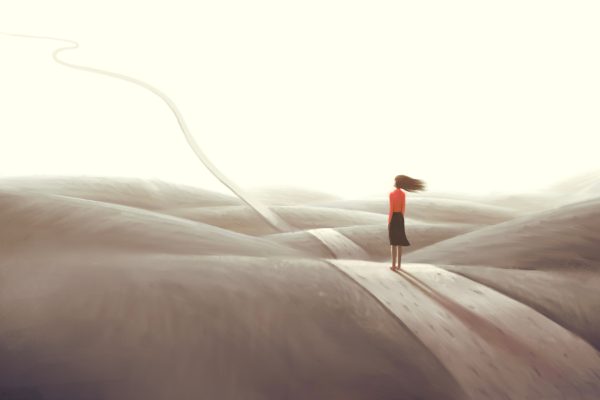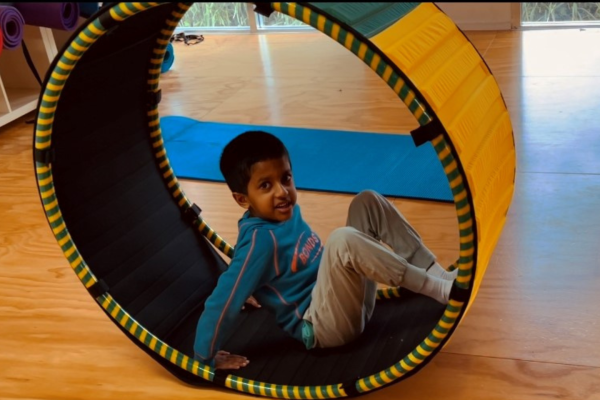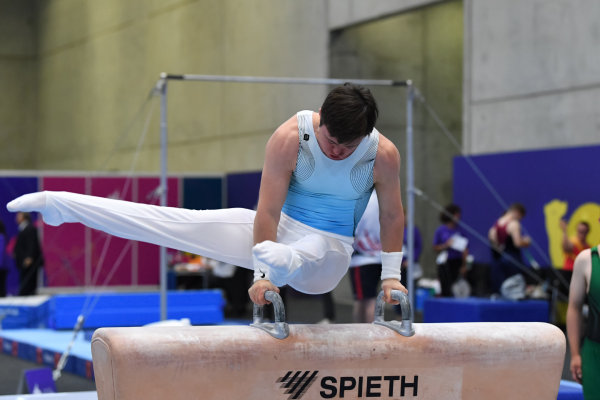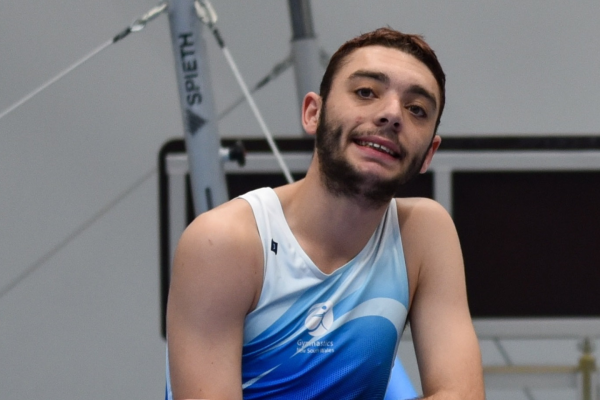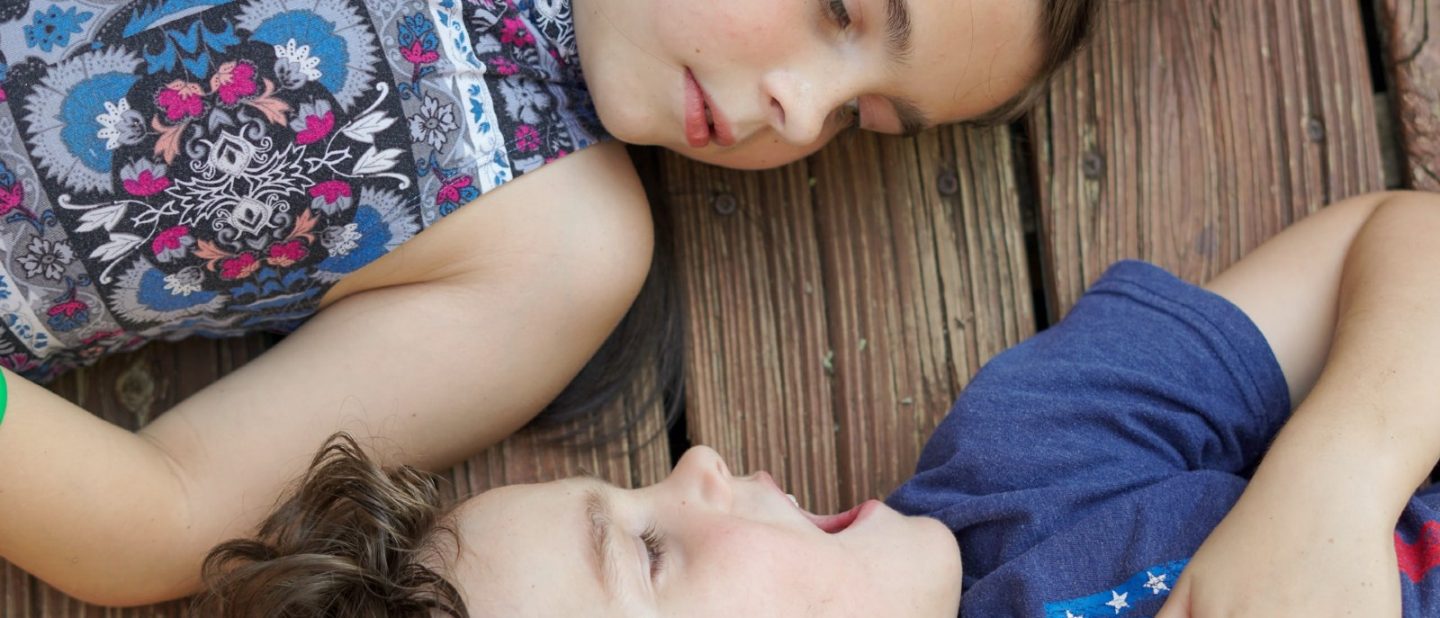
Life as a sibling
By Rachel Williams
The emotional impact of being a healthy sibling of a brother or sister with disability can be overwhelming and, in some cases, this impact can be overlooked to the detriment of the family unit.
One organisation is helping thousands of affected siblings across the country to find their voices and better articulate their needs.
It’s a skill that took Kate Strohm decades to herself establish and now she is committed to sharing her story and skills as Siblings Australia CEO.

Kate’s sister, Helen, lived with physical and intellectual disability as a result of her cerebral palsy and passed away in 2013 at the age of 64.
Growing up, despite being surrounded by a loving family, Kate recalls the stress caused by Helen’s situation and how her feelings were often too big for a young child to manage without support.
“There was a level of anxiety around my sister’s struggles with daily living and her behaviours but, also, she had intense seizures that were scary for all of us,” Kate recalls.
“I felt quite isolated and confused. I felt loving and protective of her but didn’t understand all the extra attention she received, and then, as I became older, felt guilty about the many things I could do that she couldn’t.
“I also felt embarrassment when out and about as people would stop in their tracks and stare as we moved along.
“There was a lot of grief too – for her and the difficulties she faced, for my parents for their struggles, and for me, too, there was a huge sense of loss, including not having the kind of sibling relationship that others had.”
After suffering anxiety and panic attacks as a young adult as a result of her situation, Kate sought help from a therapist.
Discussing her trauma with a professional led her to write a book, Siblings, based on the collective experiences of other people in a similar situation to herself.
It was this book that helped Lisa Ratcliff, who grew up alongside her younger brother, Marty Campbell, who has Fragile X, a genetic condition that causes intellectual disability, behavioural and learning challenges.
Lisa, now 50, recalls a childhood living on Scotland Island, on Sydney’s northern beaches, with Marty, her sister Danielle and their single mum.
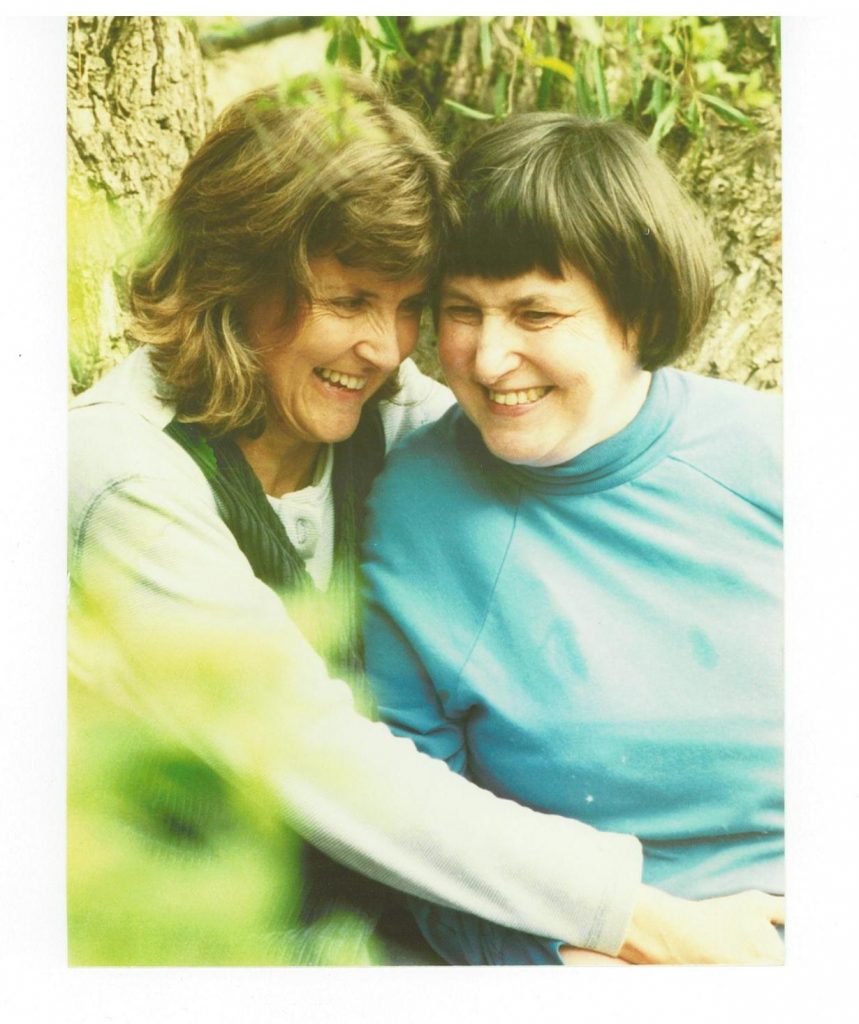
“There wasn’t much offered to siblings in the 1970s and 80s. There was very low awareness of Fragile X, not only in the community but in the medical space, and barely any services to support my brother, let alone a sibling,” Lisa recalls.
“I had no concept of being a sibling and how it has impacted my life until I read Kate’s book Siblings as a 30-year-old. As a child, then a teenager, I accepted that the lion’s share of attention went to Marty and tried to do everything I could to alleviate the stress on my mother by keeping the house running smoothly and watching over my younger brother and sister, when I was still a child myself.
“In my own experience and observing others, siblings grow up a lot quicker than their peers. Either there is an expectation they will do more to support the family or they naturally fall into that caretaker role, typically forsaking their own needs for others.
“The feeling of being responsible for the care and wellbeing of others is a deeply ingrained pattern of behaviour. Setting boundaries is not one of my strengths and I’m sensitive to anger and conflict, of which there was plenty in my younger years.
“As a teenager there were times I thought I would break from the pressure and the heartache. I had friends but I was lonely due to my messy family situation. Occasionally an adult would notice and reach out to me, praising me for the load I carried. It meant a lot to be noticed.”
That sense of acknowledgement is a key aim of Siblings Australia, which Kate established after discovering a similar program in the US, where she was based in 1998 while finishing her book.
“The seed was planted to develop a similar program here in Australia. I sent a one-pager to my contacts in the health and disability sectors, and was extremely fortunate to have Dr Jon Jureidini, the Head of Psychological Medicine at the Women’s and Children’s Hospital in Adelaide, support my idea,” she recalls.
There are an estimated 300,000 siblings across the country and Kate has run workshops for parents and professionals throughout Australia and internationally to help build understanding and skills to support siblings.
“The last 22 years have had such a huge impact on me. I have travelled extensively to spread the word about siblings, around Australia and overseas, and made such wonderful connections,” Kate says.
“I have learnt that family issues when a child has disability are very similar the world over. Families are the most important factor in any child’s development but especially a child with disability.
“If we can strengthen all members of the family, there will be benefits for them all, as well as benefits for the whole community.
“I have also learnt that it isn’t difficult to support a sibling. They just need to feel listened to and understood, and to be connected with resources and services that can assist them to manage the challenges. And that might look different as the sibling moves through different stages of their life.
“We have developed a range of resources and other services. We have carried out research and contributed to research and have advocated strongly at the federal government level for siblings to be recognised and supported,” she says.
“Sadly, siblings are still very much overlooked in policy and practice.”
After many years with limited funding, the organisation received a three-year grant last year, funded by the NDIS.
“We need to grow and develop our services further to ensure sustainability beyond that time, so my ‘baby’ has a future,” Kate says.
“We are revamping our website, developing e-learning resources for parents and providers and, later this year, rolling out a Train the Trainer program for facilitators of our Sibworks peer support program for young children.”
Lisa wishes she had the support services now available via Siblings Australia.
“When I meet families with a child with special needs, I point them to Kate’s book and ask them to consider the impact of devoting the majority of the parent’s time and attention to one child, possibly at the expense of other children in the family,” Lisa explains.
“Families are usually stressed managing the child with disability but for the sibling there’s the potential for long- term trauma.
“There are so many challenges that can never be overcome – your sibling never grows up or out of certain behaviours or the need for assistance and care and there is grief realising they won’t achieve the normal milestones, like getting married and having their own family.”
Kate’s advice to someone feeling isolated and insecure about their situation, is to talk about it with parents, a trusted family member or a school counsellor and she suggests closed Facebook chat groups for those old enough.
And despite the challenges, both women concur that there are positives throughout the journey.
“Many siblings can look back and see positives in their situation growing up. They can say that they have more tolerance of differences and more compassion,” Kate offers.
“They might have greater insight into the important things in life and might learn skills along the way that they can use in a career.”
Lisa concludes: “Disability in a family brings many challenges but it also fosters empathy and deepens emotional maturity – and you really appreciate the wins when they happen.”




